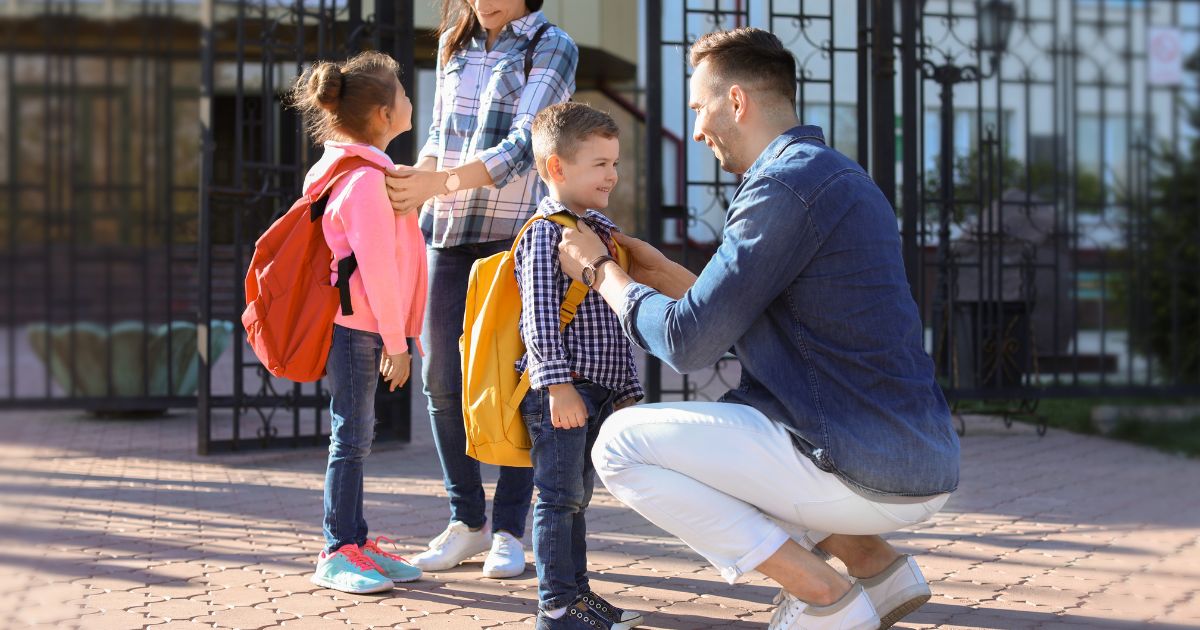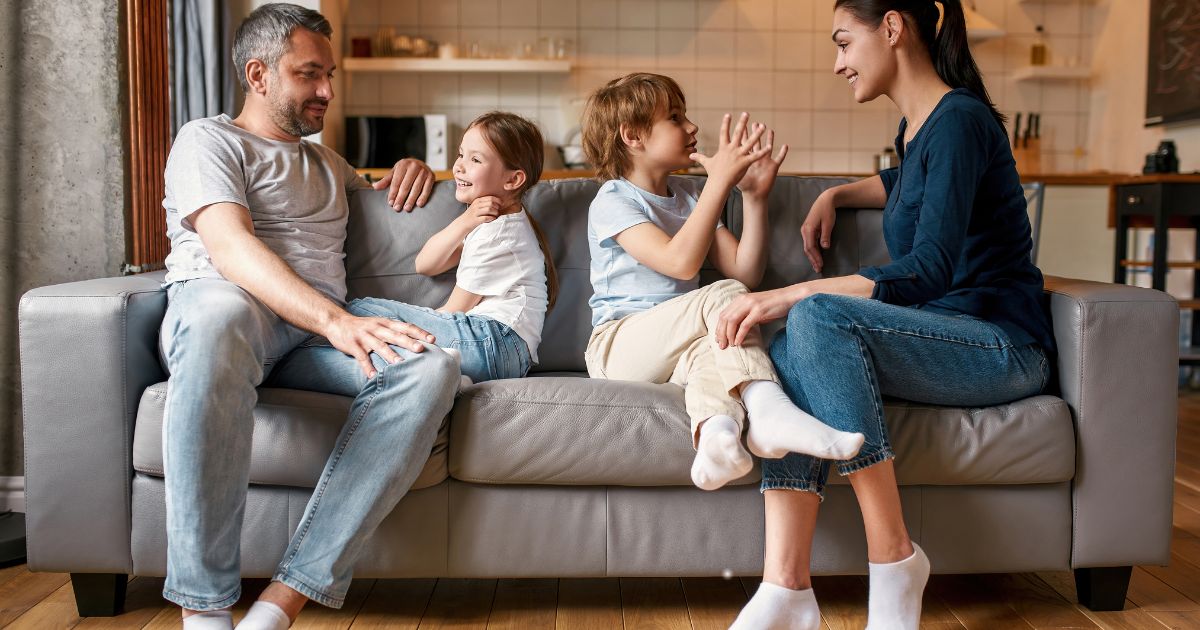Activities and tips to make friends in school
Is your child feeling lonely or isolated at school? Are you worried about their social skills and ability to make friends? Making friends is a crucial part of childhood development and can be challenging for some kids. That’s where you come in! Here are some practical tips to help your child develop strong, lasting friendships in their classroom.
Understanding the Importance of Friendship
Also, Friendships are really important for kids. They help kids feel good about themselves, learn to share and care, and have fun. Strong friendships can even help kids do better in school! That’s why it’s so important to help your child make good friends.
Moreover, Studies reveal that cooperative education greatly enhances kids’ cognitive growth and problem-solving skills. Recent research has shown that students perform better when working together on problems. These cooperative efforts require solid relationships with others, which are frequently similar to friendships.
Here are some tips to teach your kids to make friends
Smile and Be Friendly
A simple yet powerful way to make friends is to smile. A friendly face can be a ray of sunshine in a new classroom. Smiling at your classmates boosts your confidence and communicates warmth and approachability.
- Light up your face – A smile is contagious and welcoming.
- Practice in the mirror – Get comfortable with smiling at yourself.
- Make eye contact –Combine your smile with eye contact for a stronger connection.
- Be genuine – A forced smile can be spotted, so let your happiness shine through.
- Spread positivity – A friendly smile can brighten someone’s day.

Say Hello and Good Morning
Furthermore, Starting the day with a friendly greeting can set a positive tone for social interactions. Practicing simple phrases like “hello” and “good morning” at home can significantly boost your child’s confidence.
- Start the day right – A cheerful “good morning” sets a positive tone.
- Practice at home – Encourage daily greetings with family members.
- Use names – Personalize your greeting with “Good morning, [name]”.
- Add a smile – A warm smile makes your greeting even friendlier.
- Be consistent – Make greeting a habit for your child.
Encourage Positive Behavior
Teaching your child to be a good friend involves instilling positive behaviors that foster healthy relationships. Here are some key points to help guide this process.
- Taking turns – Show them how to share and wait for their turn.
- Sharing – Encourage them to share toys, games, and time.
- Respecting personal space – Teach them to give others space and to ask before touching someone.
- Role-playing – Practice these skills at home to make them feel comfortable.
- Praise – Reward your child when they show these behaviors.

Listen Actively
Move over, Listening is a crucial skill for building friendships. When children practice active Listening, they demonstrate care and respect for others’ thoughts and feelings.
- Pay attention – Look at the person and focus on their words.
- Repeat – Show you’re listening by saying what they said in your own words.
- Ask questions – Show you care by asking about what they’re saying.
- Be patient – Let the other person finish talking before you speak
Develop Social Skills
Building friendships needs special skills like being kind, sharing, and solving problems together. Teach your child to understand how others feel, be helpful, and work things out peacefully. These skills will help them make lots of friends.
- Understand feelings – Help your child learn to know how others feel.
- Be helpful – Encourage your child to help others when they can.
- Cooperate – Teach your child to work together with others.
- Solve problems – Show your child how to fix disagreements peacefully.
- Be kind – Remind your child to be nice to others.
Invite Others to Play
Taking the initiative to invite others to play is a vital step in making friends. Here are some key points to help your child feel confident in reaching out to others:
Be friendly – Smile and say hello.
Suggest a game – Ask if they want to play something.
Be inclusive – Invite everyone to join in.
Be open – Say “yes” when someone invites you to play.
Have fun – Enjoy playing with others!
Role Play and Practice
Role-playing different social scenarios can significantly boost your child’s confidence in making friends in elementary school.
- Act out scenarios – Practice different social situations at home.
- Positive phrases – Teach your child-friendly ways to start conversations.
- Handle rejection – Help your child cope with “no” answers.
- Build confidence – Practice can boost your child’s self-esteem.
Encourage Positive Behavior
Teaching your child to practice positive behaviours is essential for fostering strong friendships.
- Model good behaviour – Show your child how to act kindly and respectfully.
- Practice sharing – Encourage taking turns and sharing toys.
- Respect personal space – Teach your child to respect others’ boundaries.
- Positive reinforcement – Praise your child when they show good behaviour.
Get to Know Parents
Building friendships often involves parents, too. Meet other parents in your child’s class and discuss play dates or activities. It can help your child connect with others outside of school and build stronger friendships.
Attend school events – Connect with other parents at school functions.
Organize playdates – Arrange get-togethers for your child and their friends.
Communicate openly – Share information and concerns with other parents.
Build a supportive network – Create a strong community for your child.
Conclusion
In conclusion, Making friends is a process that requires practice and patience. By following these tips and encouraging your child to be themselves, they will be well on their way to building meaningful friendships in elementary school.